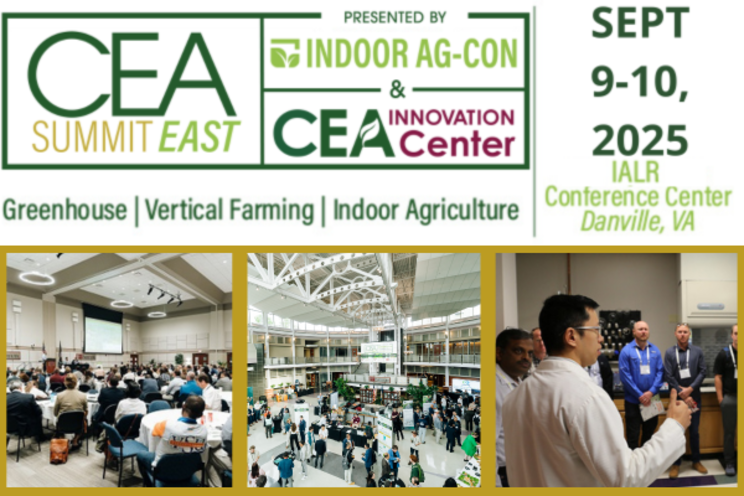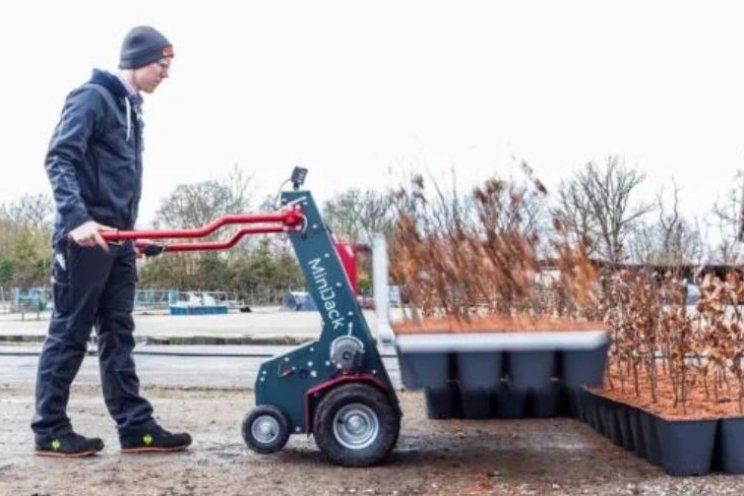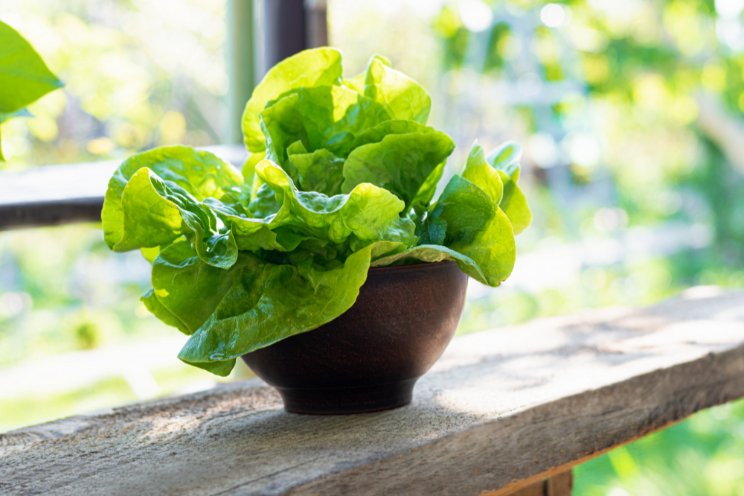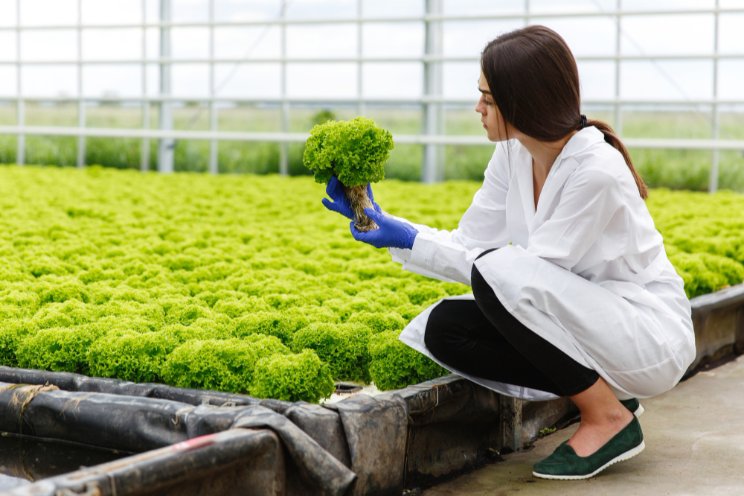Call for abstracts announced for Resilient Harvests Conference
Added on 16 May 2022
With a focus on environmental excellence in controlled environment agriculture, the conference seeks to present papers and programs that cover coordinated support systems to achieve energy efficiency, water circularity, and emissions reduction opportunities in greenhouses and indoor farms.
"Controlled Environment Agriculture is a tremendously fast-growing sector, with emerging policies, programs and practices aimed at increasing resource efficiency," shares RII Executive Director Derek Smith. "We named this gathering the Resilient Harvests Conference because it represents the opportunity in front of governments, utilities, standards organizations and industry leaders to join together to collaboratively envision how to advance a more resilient agricultural future. With California about to release horticultural energy codes that will become a global blueprint, this is the right place to have the right conversations at the right time."
"Building on its successful 2020 Indoor Agriculture Energy Solutions Conference, RII will again bring together a dynamic mix of participants from the design and construction industry, vendors, utilities, energy efficiency programs, governments, research institutions, and leading greenhouse and indoor horticultural producers," notes Jen Amann, Senior Fellow at American Council for an Energy-Efficient Economy. "The conference program and associated events are designed to spur a robust dialog on the latest tools, techniques, and strategies for improving efficiency in CEA and continue building a community of professionals dedicated to resilient food, medicine, and floral production."
The following tracks are developed to support the conference theme of "Policies, Programs & Practices to Advance Efficient Greenhouse & Vertical Farming"
- CEA Regulations, Codes, and Standards
Policies shaped by governments and industry organizations influence the resource efficiency of CEA operations at the regional and national level. Presentations in the "CEA Regulations, Codes, and Standards" track will explore the range of mandatory requirements and voluntary standards and certifications in play for greenhouses and indoor cultivation facilities. Sessions in this track will explore the impact of efficiency and safety standards, energy codes, and environmental regulations on building systems and their role in promoting the adoption of technologies and practices that encourage energy efficiency, water conservation, and emissions reductions. - Programs for Efficient CEA Production
Energy efficiency programs support producers with technical assistance and reduce the capital cost of high-performance equipment while delivering cost-effective energy savings and relieving energy supply constraints. Utilities also serve customers with educational resources to enhance business success and can help achieve government goals for energy use and emissions reductions. Presentations highlighting innovative controlled environment agriculture incentive offerings and training models would fit in the "Programs for Efficient CEA Production" track. Sessions in this track will focus on strategies for coordinated support systems to overcome barriers to resource efficiency and issues specific to emerging technologies. - Best Practices for CEA Facilities
Sharing producer stories through best practices guidance can be an effective way to increase awareness, counter technology-specific skepticism, and build trust for new approaches and equipment. The "Best Practices for CEA Facilities" track will share presentations related to high-performance facility design & construction, efficient horticultural lighting, resilient HVAC systems for greenhouses and vertical indoor farms, and environmental controls systems for automating and monitoring diverse facility systems. Sessions in this track will explore case studies of CEA facilities using best practices to operate high-performance systems and achieve excellence in productivity and efficiency.
Abstracts for technical presentations (400 words or less) are due May 23, 2022. Submitters of accepted presentations will be notified by July 15. Draft presentations will be reviewed in advance of the conference by the session moderator and feedback will be provided in speaker planning calls. Final conference presentations are due September 30, 2022.
Accepted conference presentations are published in the RII catalog as part of the Proceedings of the Resilient Harvests Conference.
For more information on the call for papers and the 2022 Resilient Harvests Conference, visit resilientharvestsconference.com.
MEDIA CONTACT:
Emily Meshell
318-564-8195
Source: HortiBiz
More news















